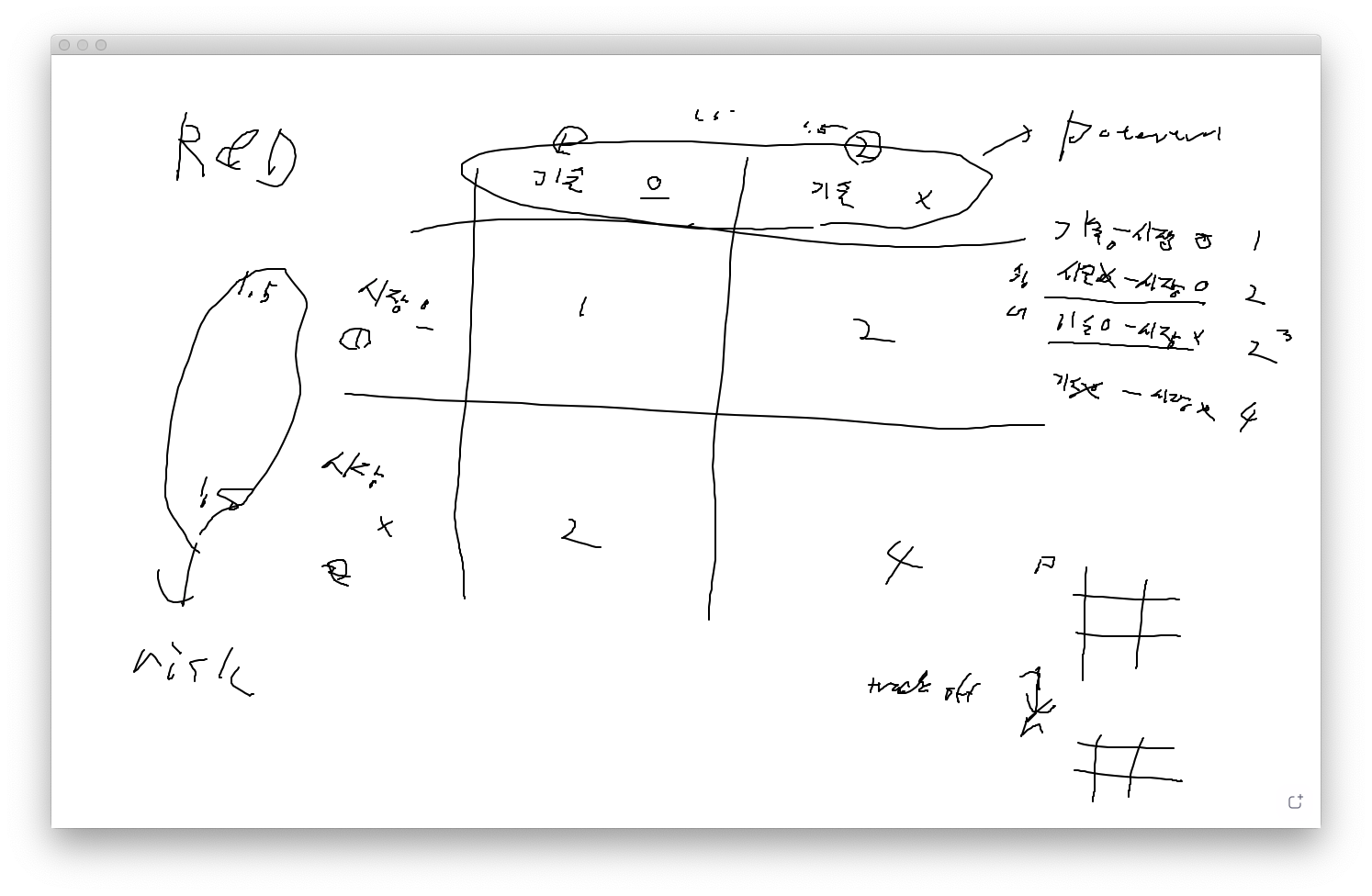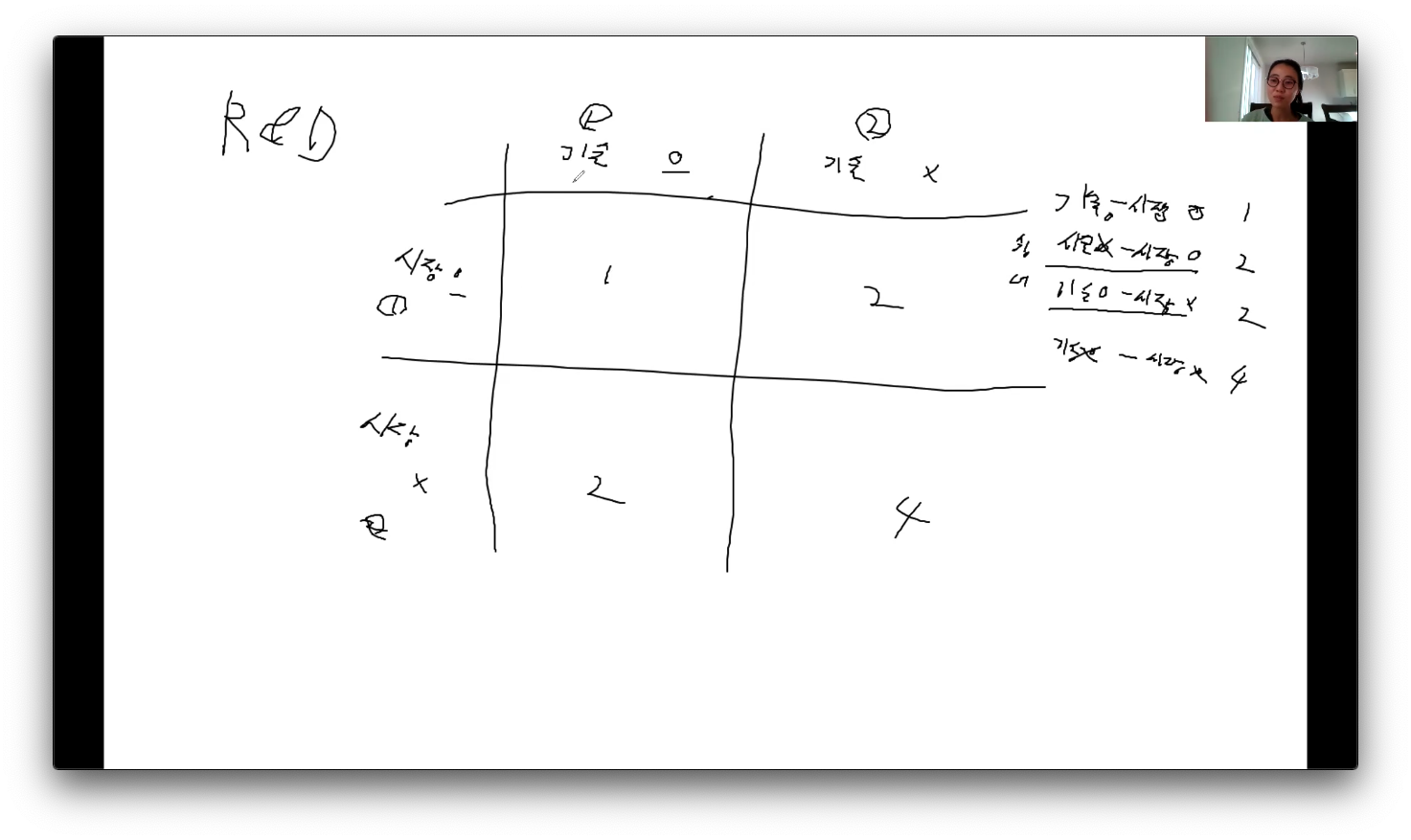2 Session 1: Introduction
2.1 내용정리
Big data is not just about data per se, it is also about a new way of thinking about measurement
Innovative way of understanding different group dynamics
그룹 프로세스에 새로운 데이터와 새로운 방법론을 설명할 프레임이 필요한데 이게 CSS
The world has changed greatly since when Andy Field’s volumes were vital for learning statistics: now it’s moving into the era of Big Data.
Four characteristics generally characterize Big Data: 1) volume 2) variety 3) velocity 4) complexity.
General linear models are either inappropriate or unsuited for much of the data we have on groups today.
To address this issue, many researchers have called upon a paradigmatic change in thinking, largely referred as Computational Social Science (CSS).
CSS is an interdisciplinary endeavor specifically tailored to handle the complexity of Big Data by merging together social science problems with computer science methods.
Included methods
- Machine Learning: ML is not dramatically influenced by sample size, often do not make crude normality assumptions, and have clear interpretations that explicitly acknowledge when the model predicts both accurately and inaccurately, Bayesian networks (Chap. 3), decision-trees (Chap. 7)
- Group dynamics: openly acknowledge time and order, group episodic interactions (Chap.4), social sequence of activities (Chap.6)
- New types of data: text (Chap.5), dealing missing data through computational simulation with empirical data (Chap.9)
- Quasi-field experiments: response surface methodology (Chap.2)
2.2 생각정리 (미팅내)
특정한 변수에 대한 정량화 R&D에서의 복잡성과 어려움정도를 포텐셜과 리그크맥락에서

각 챕터마다 방법론, 스텝바이 스텝 설명방식, 현업에서의 이슈들을 어떻게 다룰수 있는지 어떻게 다를것인지,
박사논문-스몰그룹, 그라운디드 띠어리, 기존의 전통적인 통계가 아닌 새로운 방법을 쓸것 같아서 유용할 것 같음
2.3 더 읽어볼 논문 / 자료
Lazer, D., Pentland, A. S., Adamic, L., Aral, S., Barabasi, A. L., Brewer, D., … Gutmann, M. (2009). Life in the network: The coming age of computational social science. Science, 323(5915), 721.(Lazer et al. 2009)
Wallach, H. (2016). Computational social science: Towards a collaborative future. In R. M. Alvarez (Ed.), Computational social science: Discovery and prediction. (pp. 307–317). Cambridge University Press.(Wallach 2016)
Hox, J. J. (2017). Computational social science methodology, anyone?. Methodology: European Journal of Research Methods for the Behavioral and Social Sciences, 13(S1), 3.(Hox 2017)
